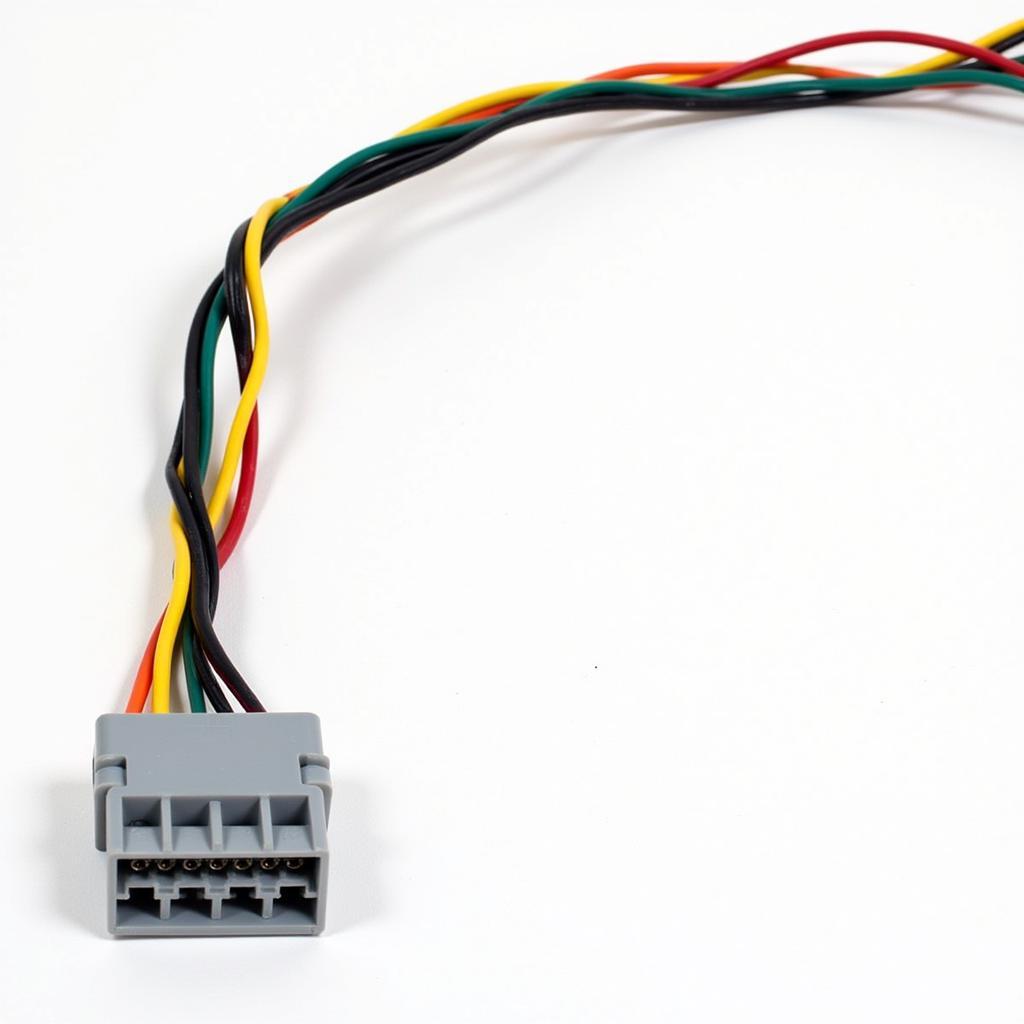Have you ever wondered how those little tags attached to merchandise in stores prevent theft? They seem pretty harmless, but these anti-theft tags are actually quite sophisticated. Understanding how they work can shed light on why they are so effective and what to do if you accidentally end up taking one home!
Inside an Anti-Theft Tag: The Science Behind the Security
Anti-theft tags, also known as Electronic Article Surveillance (EAS) tags, use various technologies to deter shoplifting. Let’s take a look at the most common types:
1. Radio Frequency (RF) Tags
These are the most widely used tags, especially for clothing.
-
How they work: RF tags consist of a microchip and an antenna circuit that emits a weak radio frequency signal. When you pass through the store’s security gates with an active tag, the gates detect this signal and trigger an alarm.
-
Deactivation: Cashiers deactivate RF tags at checkout by passing them over or near a deactivation pad. This disrupts the circuit, preventing it from emitting the signal.
2. Acusto-Magnetic (AM) Tags
AM tags are often found on larger or more expensive items.
-
How they work: These tags contain strips of metal that vibrate at a specific frequency when exposed to an electromagnetic field, like the one generated by security gates. This vibration creates a unique signal that triggers the alarm.
-
Deactivation: AM tags are typically deactivated by a strong electromagnetic pulse at the checkout counter. This demagnetizes the metal strips, effectively silencing the tag.
3. Magnetic Tags
These tags are less common and rely on a simple magnetic principle.
-
How they work: They contain a small magnet that can trigger a sensor in security pedestals.
-
Deactivation: Deactivation usually involves using a magnetic detacher to detach or demagnetize the tag.
What Happens if an Anti-Theft Tag Is Not Deactivated?
If you accidentally leave a store with an active anti-theft tag, the security gates will sound an alarm, alerting store personnel. This can be an embarrassing situation, but it’s important to address it immediately.
Troubleshooting Common Anti-Theft Tag Issues
While rare, you might encounter issues with anti-theft tags even after purchase. Here are a few common scenarios:
-
Tag wasn’t deactivated properly: Sometimes, a tag might not be completely deactivated at checkout. If the alarm sounds when you exit, simply return to the cashier and ask them to deactivate it again.
-
Tag is damaged: A damaged tag might continue to trigger alarms. Return to the store with your receipt for assistance.
-
Interference from other devices: In some cases, other electronic devices, like cell phones or security systems, might interfere with the anti-theft system. Try moving away from any potential sources of interference.
Cardiagtech: Your Partner in Automotive Diagnostics
While anti-theft tags are essential for retail security, issues with your car’s electronics require a different kind of expertise. At Cardiagtech, we specialize in remote diagnostics, programming, and software installation for automotive repair. If you are experiencing any electrical or software-related problems with your vehicle, our team of experts is here to help.
FAQs about Anti-Theft Tags
Here are some answers to commonly asked questions:
Can anti-theft tags damage merchandise?
No, anti-theft tags are designed to be safely attached to and removed from merchandise without causing any damage.
Do anti-theft tags contain personal information?
No, anti-theft tags do not store any personal information about shoppers. They are simply designed to trigger an alarm if not deactivated.
Can I remove an anti-theft tag at home?
It is not recommended to remove an anti-theft tag at home. Tampering with security tags can be illegal and may damage the item. If you have an issue with a tag, it’s best to return to the store for assistance.
Need More Help? Contact Cardiagtech!
We hope this article has provided you with a clear understanding of how anti-theft tags work. If you have any further questions or need assistance with automotive diagnostics, don’t hesitate to contact Cardiagtech. We are here to provide you with the best possible service and support.



